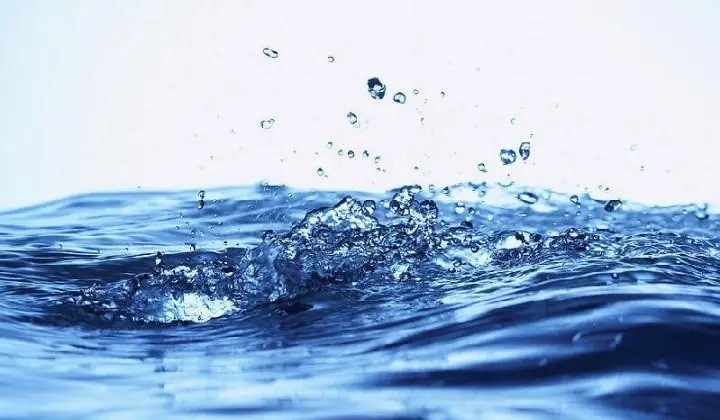
Purified water is a term used to describe water that has undergone a purification process to remove impurities and contaminants, making it suitable for various applications, including drinking, cooking, medication and other uses. It is important to note that the specific purification methods and standards may vary depending on the country or organization.
Preparation Method
Here are some common purification methods used to produce purified water:
- Filtration: This process involves passing water through various filters to remove particles, sediments, and larger impurities. Filters can be made of materials like activated carbon, ceramic, or sediment filters.
- Distillation: Water is boiled, and the steam is collected and condensed, leaving behind impurities and contaminants. Distillation effectively removes minerals, heavy metals, bacteria, and most dissolved solids.
- Reverse Osmosis: In this process, water is forced through a semipermeable membrane that selectively allows water molecules to pass while blocking larger contaminants, including minerals, chemicals, and microorganisms.
- UV Sterilization: Ultraviolet (UV) light is used to kill or inactivate microorganisms such as bacteria, viruses, and parasites present in water. This method does not remove other impurities but effectively disinfects the water.
- Ion Exchange: This process involves passing water through an ion exchange resin to remove ions such as calcium, magnesium, and other dissolved solids.
The goal of purifying water is to make it safe for consumption by reducing harmful substances and ensuring it meets specific quality standards set by regulatory bodies. Purified water is often free from contaminants such as bacteria, viruses, heavy metals, chlorine, pesticides, and other impurities that may affect taste, odor, or pose health risks.

Main Usage
Purified water has a wide range of uses due to its high level of purity and removal of impurities. Here are some common uses of purified water:
- Drinking: Purified water is safe and suitable for drinking purposes. Its purification process removes contaminants, ensuring that it meets high-quality standards in terms of taste and safety.
- Cooking: Purified water is commonly used in cooking various dishes. It helps maintain the integrity of flavors and prevents unwanted impurities from affecting the taste and quality of the food.
- Beverages and Juices: Purified water is often used as a base for preparing beverages, such as coffee, tea, and soft drinks. It ensures that the flavors of the beverages are not affected by any impurities.
- Baby Formula Preparation: Purified water is recommended for preparing baby formula. Its purity and lack of contaminants make it safe for infants.
- Medical and Pharmaceutical Applications: Purified water is crucial in medical and pharmaceutical settings. It is used for diluting medications, preparing intravenous solutions, and sterilizing medical equipment. Especially, for the delay spray, cream, gel and so on, they all use purified water when they are produced.
- Laboratory Testing: Purified water is essential in laboratories where precision and accuracy are required. It is used for making chemical solutions, conducting experiments, and cleaning laboratory equipment.
- Cosmetic and Personal Care Products: Many cosmetic and personal care products, such as shampoos, lotions, and skincare products, require purified water as a key ingredient. This ensures the safety and quality of the products.
- Aquariums: Purified water is often recommended for filling and maintaining aquariums. Its purity helps create a healthy environment for aquatic life, as it eliminates harmful substances that may harm fish and other aquatic organisms.
- Irrigation and Hydroponics: Purified water can be beneficial for irrigation in gardens, agriculture, and hydroponic systems. It helps prevent the buildup of minerals and contaminants that could harm plants and affect their growth.
- Electronics and Industrial Processes: Purified water is used in various industrial processes, such as electronics manufacturing and cooling systems. Its purity helps prevent mineral deposits and corrosion that could damage equipment.

Final Note
Keep in mind that the level of purity and the specific purification methods used may vary depending on the context and regulations in different regions.
